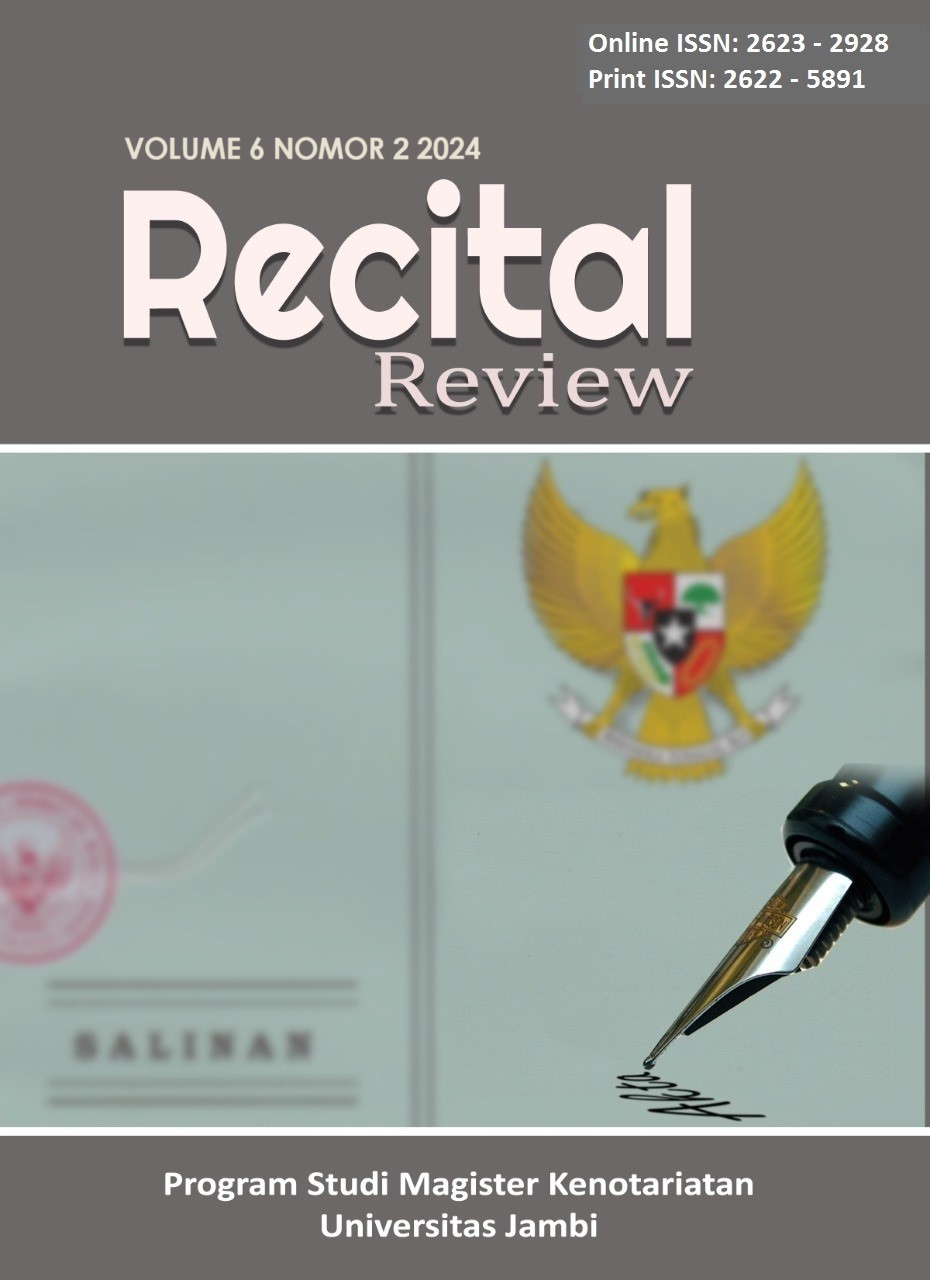Penerapan Prinsip (MFN) dalam Regional Comprehensive Economic Partnership dan Dampaknya terhadap Kebijakan Perdagangan Indonesia
DOI:
https://doi.org/10.22437/rr.v6i2.35989Keywords:
Most-Favoured Nation (MFN), Regional Comprehensive Economic Partnership (RCEP), Economic Cooperation, Trade tariffsAbstract
In the era of globalisation and trade liberalisation, countries around the world continue to develop forms of international trade cooperation, such as through the Regional Comprehensive Economic Partnership (RCEP) agreement. RCEP involves 15 countries in Asia-Pacific, including 10 ASEAN members and their five major trading partners, with the aim of reducing tariffs and trade barriers and enhancing economic cooperation. The Most-Favoured Nation (MFN) principle in RCEP requires that any trade concession granted to one member country is also granted to all other members. The implementation of MFN can improve Indonesia's market access to RCEP member countries and boost economic growth through exports and foreign investment, although Indonesia must also manage competitive pressures from other member countries. To maximise the benefits of RCEP, Indonesia needs to formulate appropriate policies, including through the implementation of the Job Creation Law to increase domestic investment. This paper explores the application of MFN in RCEP, its implications for Indonesia, and the importance
Downloads
Downloads
Published
How to Cite
Issue
Section
License
Copyright (c) 2024 Robby Aulia Hidayat

This work is licensed under a Creative Commons Attribution 4.0 International License.
The Authors(s) retain copyrights of the Article published on Recital Review. However, before publishing, it is required to obtain written confirmation from Author(s) in order to ensure the originality (Author Statement of Originality). The statement is to be signed by at least one of the authors who have obtained the assent of the co-author(s) where applicable. This work licensed under a Creative Commons Attribution 4.0 International License). All writings published in this journal are personal views of the authors and do not represent the views of this journal and the author's affiliated institutions.Â



